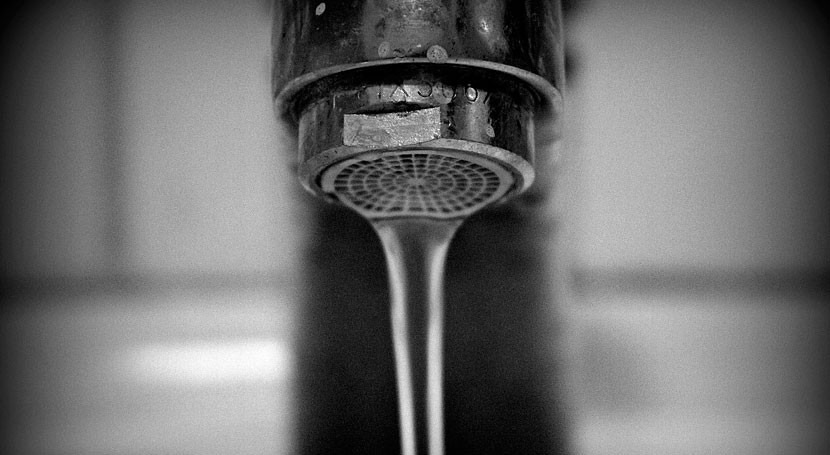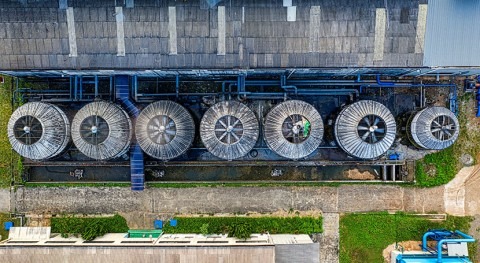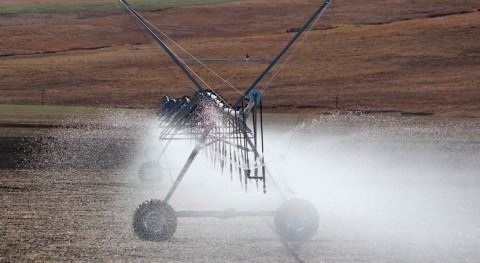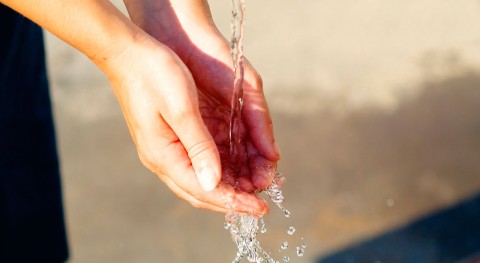The EU is ensuring that tap water across the EU is safe to drink. Member states’ ambassadors meeting in the Council’s Permanent Representatives Committee (Coreper) confirmed the provisional agreement that was reached with the European Parliament on 18 December 2019 on a proposal to revise the drinking water directive. The endorsement clears the way for final adoption.
Our message to citizens is clear: Drinking tap water is perfectly safe everywhere in the EU. Today's agreement will result in a further improvement in the quality of tap water. This is very good news for all Europeans. I am pleased that member states have endorsed this agreement today - Tomislav Ćorić, Minister of Environment and Energy of Croatia
Under the new rules, the quality standards that drinking water must meet are brought up to date, and a cost-effective risk-based approach to the monitoring of water quality is introduced. The updated rules also set out minimum hygienic requirements for materials in contact with drinking water, such as pipes. The aim is to improve the quality of such materials to ensure that human health is protected and no contamination takes place.
The updated directive addresses growing concerns about the effects of endocrine disruptors, pharmaceuticals and microplastics on human health by introducing a watch list mechanism. The watch list will allow the EU to follow up, in a dynamic and flexible way, on new knowledge about these substances and their relevance for human health. Beta-estradiol and Nonylphenol will be included in the first watch list in view of their endocrine disrupting properties. The first watch list will be adopted by 1 year after the entry into force of the directive. The endocrine disruptor Bisphenol A is directly added to this directive, with a health-based parametric value of 2,5 μg/l.
Member states currently undertake considerable efforts to improve access to drinking water. In order to promote the use of tap water, member states will ensure that outdoor and indoor equipment, such as taps or water fountains, are set up in public spaces, where technically feasible and taking into account specific local conditions, such as climate and geography. In addition, member states may voluntarily choose to take further measures to promote the use of tap water, such as launching information campaigns for citizens or encouraging the provision of tap water for free or for a low service fee in restaurants, canteens, and catering services.
In addition, member states will have to ensure that consumers can access information on the quality of their drinking water. Member states will also take measures that they consider necessary and appropriate to improve or maintain access to water for all citizens.
The overarching objective of the recast proposal is to ensure a high level of protection of the environment and of human health from the adverse effects of contaminated drinking water. The revision is also a direct result of the first-ever successful European citizens' initiative 'Right2Water'. The Commission adopted its recast proposal for the drinking water directive on 1 February 2018. The Council adopted a general approach on the proposal on 5 March 2019. Negotiations between the co-legislators followed. On 18 December 2019, a provisional agreement was reached between the Council and the European Parliament. Today's confirmation of the agreement by the EU ambassadors of the member states paves the way for the final adoption.
The European Parliament's Committee on Environment, Public Health and Food Safety (ENVI) is expected to vote on the compromise agreement on 18 February 2020. The ENVI Chair is then expected to address a letter to the Presidency confirming that, should the Council approve this text in first reading, after legal-linguistic revision, the Parliament would approve the Council's position in its second reading.
Prior to that, the confirmation of the political agreement will be submitted to the Environment Council meeting on 5 March 2020, after translation of the text in all official languages.








